- Membership Resources
- State Chapters
- Education/Events
-
Advocacy/Policy
- Home Care Workforce Crisis: An Industry Report and Call to Action
- Advocacy Fund
- State of Home Care: Industry at Crossroads
- Home Care Workforce Action Alliance
- Caring for Seniors: Value of Home Care
- Home Care by the Numbers
- Issues & Positions
- Legislative Action Network
- State Legislation Tracker
- Federal Legislation Tracker
- 2024 National Advocacy Day
- About HCAOA
- Find a Job
AuthorSubmitted by the Administration for Community Living, www.ACL.gov Direct Care Workforce Capacity Building Center will support recruitment, retention, and professional development of workers who provide home and community-based services. The Administration for Community Living has awarded a five-year grant totaling over $6 million to establish a national center to expand and strengthen the direct care workforce across the country. In support of the Biden-Harris Administration’s commitment to strengthening the care economy, this initiative will provide technical assistance to states and service providers and facilitate collaboration with stakeholders to improve recruitment, retention, training, and professional development of the direct care workers who provide the critical services that make it possible for people with disabilities and older adults to live in their own homes and communities. The center will harness the power of a team of organizations with expertise in disability, aging, and workforce issues, including several organizations that are part of ACL’s disability and aging networks. Led by the National Council on Aging, partners include the National Association of Councils on Developmental Disabilities, ADvancing States, Paraprofessional Healthcare Institute (PHI), the University of Minnesota’s Institute on Community Integration, the National Alliance for Caregiving, Lincoln University Paula J. Carter Center on Minority Health and Aging, the Green House Project, Social Policy Research Associates, and Housing Innovations.
“The shortage of direct care workers has become a national crisis and a serious civil rights issue,” said ACL Acting Administrator Alison Barkoff. “Increasing numbers of people with disabilities and older adults who want to live in the community – a right protected by the Americans with Disabilities Act and other civil rights laws – are unable to get the services they need to do so. The Direct Care Workforce Capacity Building Center is an important step toward addressing the challenges to recruiting, training and retention of these critical professionals and creating the robust, stable workforce we need to meet growing needs.” Long-standing workforce shortages have reached crisis levels during the COVID-19 pandemic; today, more than three-quarters of service providers are not accepting new clients and more than half have cut services as a result of the direct care workforce shortage. High turnover – averaging nearly 44 percent across states – also mean that people who are able to get services often experience service disruptions and receive inconsistent care. As a result, increasing numbers of people are left with no option but to move to nursing homes and other institutions, people who want to leave these facilities cannot, and the health and safety of those who live in the community is at risk. In addition to undermining people’s civil right to community living, this leads to poorer health outcomes and higher costs of care, which are most often borne by taxpayers. With demand for home and community-based services increasing, due in part to the rapidly growing populations of older adults and people with disabilities, more than 1.3 million new jobs for direct care workers will be created by 2030. A coordinated, national effort to improve our national capacity to recruit, train and retain a high-quality, competent, and effective direct care workforce has never been more important. The national Direct Care Workforce Capacity Building Center will serve as a hub, providing tools, resources and training to assist state systems and service providers and to support the development and coordination of policies and programs that contribute to a stable, robust direct care workforce. The center’s website will share resources from the federal government, highlight state and local model policies and best practices that can be replicated or adapted, and share training and technical assistance materials. In addition, the center will facilitate peer-to-peer sharing of lessons learned and promising practices through learning collaboratives and support collaboration between state systems, including Medicaid, aging, disability, and workforce agencies; service providers; and aging, disability and labor stakeholders. The center will support stakeholders in tackling key issues affecting recruiting and retention, such as:
This initiative builds upon the ongoing collaboration to strengthen the direct care workforce between ACL, the Department of Labor, and other HHS agencies, including the Centers for Medicare & Medicaid Services (CMS) and the Assistant Secretary for Planning and Evaluation.
0 Comments
Leave a Reply. |
Archives
July 2024
Categories
All
Upcoming Events |
|
Phone: 202-519-2960 | 444 N. Capitol Street NW, Suite 428 | Washington, DC 20001
[email protected] | sitemap © 2024 Home Care Association of America. All Rights Reserved. | Privacy Policy | Refund Policy |
|

 RSS Feed
RSS Feed
